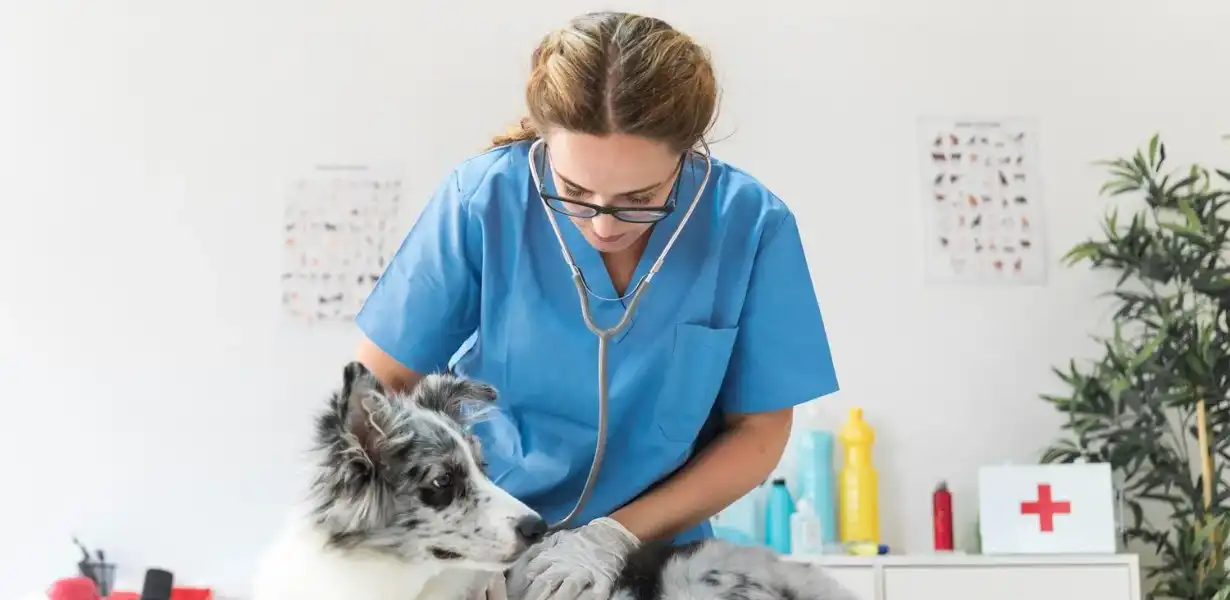
Welcoming you to an informative exploration of dog care essentials. At our dog care center, we understand that your four-legged companions are cherished family members, and their health and happiness are paramount. In this guide, we delve into crucial aspects of dog care, from routine maintenance to addressing urgent needs. Whether you’re seeking ‘dog care near me’ or advice on ‘dog urgent care,’ we’ve got you covered.
Understanding Canine Needs
Dogs are multifaceted creatures with physiological and psychological needs. They thrive in an environment that caters to their natural instincts, promotes mental stimulation, and ensures physical comfort. As responsible pet owners, we advocate a holistic approach to dog care, encompassing nutrition, grooming, exercise, training, and healthcare.
Nourishing with Precision
A dog’s diet plays a pivotal role in their health and vitality. Crafting a balanced diet that meets their nutritional needs is paramount. Quality proteins, whole grains, and vegetables provide essential nutrients that support growth, energy, and a strong immune system. Regular feeding times and portion control prevent overeating and obesity, contributing to their well-being.
Creating a Safe Haven at Home
Your home should be a safe and comfortable space for your dog. Remove potential hazards such as toxic plants, small objects, and electrical cords. Designate cozy resting spots with soft bedding and toys. Mental stimulation is vital—interactive puzzles and toys engage their cognitive abilities and prevent boredom.
The Art of Regular Grooming
Regular grooming is a ritual of care and affection. Brushing your dog’s coat not only keeps it shiny but also prevents matting and tangling. Bathing maintains skin health and cleanliness. Nail trimming avoids discomfort and promotes healthy paw posture. Regular inspections help you detect any skin issues or abnormalities early.
Prioritizing Exercise and Play
Physical activity is essential for your dog’s physical and mental well-being. Engage in regular play sessions that encourage running, jumping, and fetching. Outdoor walks offer sensory stimulation and promote bonding. Social interaction with other dogs during playdates enhances their social skills.
Mastering the Basics of Training
Positive reinforcement training is a powerful tool for shaping your dog’s behavior. Begin with basic commands like sit, stay, and come. Use treats, praise, and toys as rewards to reinforce good behavior. Consistency and patience are key; avoid punishment-based methods.
Healthcare Beyond the Surface
Regular veterinary check-ups are indispensable. Vaccinations protect against diseases, while preventive treatments such as flea and tick control prevent infestations. Dental care is often overlooked but crucial; brush your dog’s teeth regularly to prevent dental issues.
Understanding Dog Behavior
Learning to interpret your dog’s body language is essential for effective communication. Tail wagging, ear positioning, and vocalizations convey emotions and needs. This insight helps you respond appropriately to their cues, fostering a stronger bond.
Emergency Preparedness
Emergencies can happen unexpectedly. Equip yourself with a basic first aid kit for your dog. Familiarize yourself with common signs of distress, and have the contact information of an emergency vet readily available.
Addressing Urgent Care Situations
Allergies, injuries, and sudden illnesses require quick action. Recognize signs such as difficulty breathing, excessive lethargy, or bleeding. Stabilize your dog’s condition if possible, and seek immediate veterinary assistance.
Final Words
At our dog care center, we firmly believe that an informed and proactive approach to dog care is essential for their well-being. By prioritizing nutrition, grooming, exercise, training, and healthcare, you can provide a fulfilling and happy life for your furry companion. Remember, a healthy and content dog is a reflection of responsible and attentive pet ownership.
Commonly Asked Questions
Q1: How often should I groom my dog?
A1: Grooming frequency varies by breed and coat type. Generally, regular brushing (2-3 times a week) and baths every 1-3 months suffice. Consult your vet or groomer for personalized recommendations.
Q2: Can I train an older dog?
A2: Absolutely! While training is often easier with puppies, older dogs can learn new tricks. Be patient and consistent, using positive reinforcement to encourage desirable behaviors.
Q3: What should I include in a dog’s first aid kit?
A3: A dog’s first aid kit should contain adhesive bandages, antiseptic wipes, gauze, tweezers, scissors, and your dog’s medical records. Consult your vet for a complete list.
Q4: How do I know if my dog is in pain?
A4: Dogs may exhibit signs of pain such as restlessness, whining, changes in appetite, or avoiding certain movements. If you suspect pain, consult your vet for a thorough evaluation.
Q5: How can I prevent obesity in my dog?
A5: Maintain a balanced diet and provide regular exercise. Measure food portions, offer healthy treats, and engage in active play to keep your dog’s weight in check.




